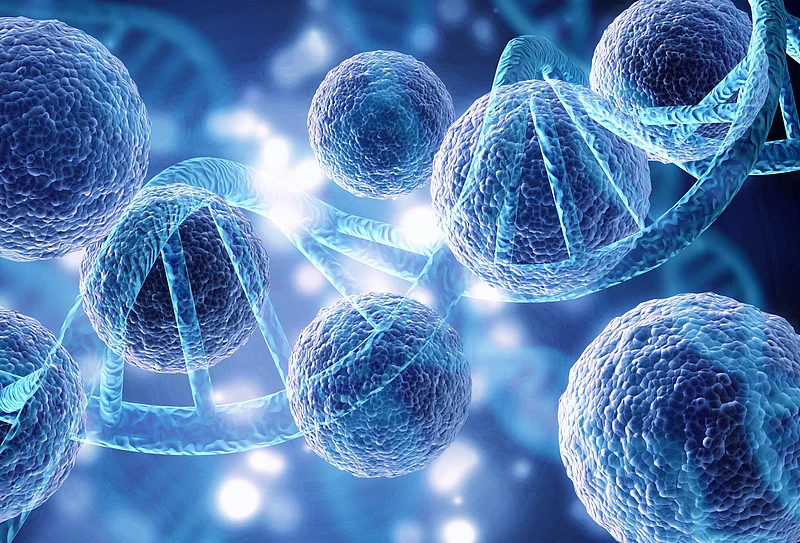Get Healthy!

- Posted February 18, 2022
Research May Help Focus Treatment for Kids With Cystic Fibrosis
Hundreds of new proteins that may be linked to cystic fibrosis have been identified by researchers and could point the way to better treatments for people with the genetic disease.
There is no cure for cystic fibrosis, which affects more than 90,000 people worldwide. It's caused when children inherit two mutated CFTR genes, one from each parent, resulting in defective CFTR proteins that trigger a dangerous buildup of mucous in the lungs and other organs.
Many of the newly discovered proteins interact with CFTR, according to the international team of researchers.
"We identified more than 400 proteins associated with either healthy or mutant CFTR, and have shown that some of them could predict the variability seen in patient symptoms and treatment responses," said principal investigator Igor Stagljar, a professor at the University of Toronto's Donnelly Centre for Cellular and Biomolecular Research.
"With a more comprehensive view of the CFTR protein interaction network, we can identify novel drug targets that should enable more patient-specific therapies," Stagljar added in a university news release.
The study was published Feb. 14 in the journal Molecular Systems Biology.
About 2,000 mutations of the CFTR gene have been linked with cystic fibrosis, and the use of drug treatments based on a patient's individual genetic profile is common.
While some of those treatments are highly successful by restoring function of the CFTR protein, there can be wide variations in treatment response, even among patients with the same CFTR mutation.
While it's long been suspected that those differences in treatment response are due to secondary genetic modifiers and environmental factors, these new findings strongly suggest that proteins associated with CFTR play a role, according to Stagljar.
One especially promising candidate identified by the team is the Fibrinogen-like 2 protein, believed to play a role in hepatitis, liver disease and immune function.
"We think Fibrinogen-like 2 protein is a valuable drug target for cystic fibrosis, and we're now working with our collaborators to validate other proteins that turned up in this study and in genome-wide association studies," Stagljar said.
More information
There's more on cystic fibrosis at the Cystic Fibrosis Foundation.
SOURCE: University of Toronto, news release, Feb. 14, 2022

